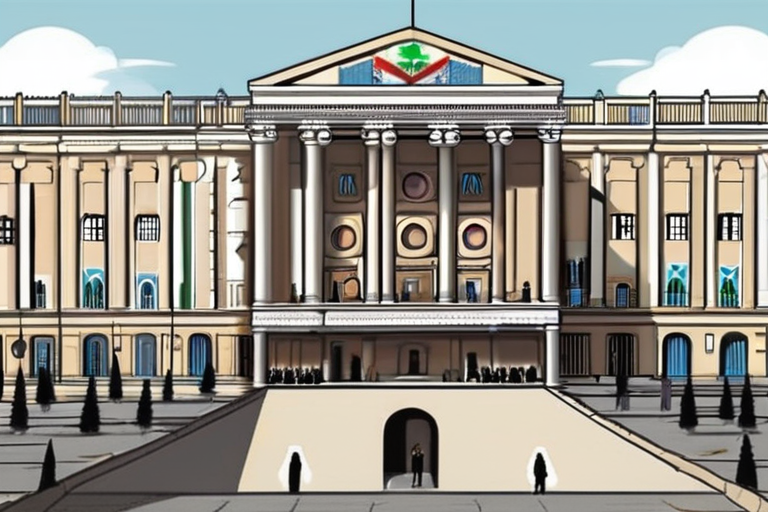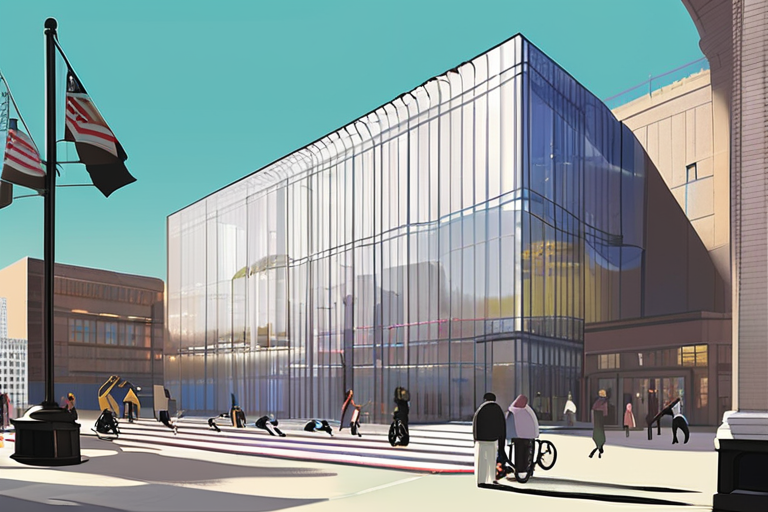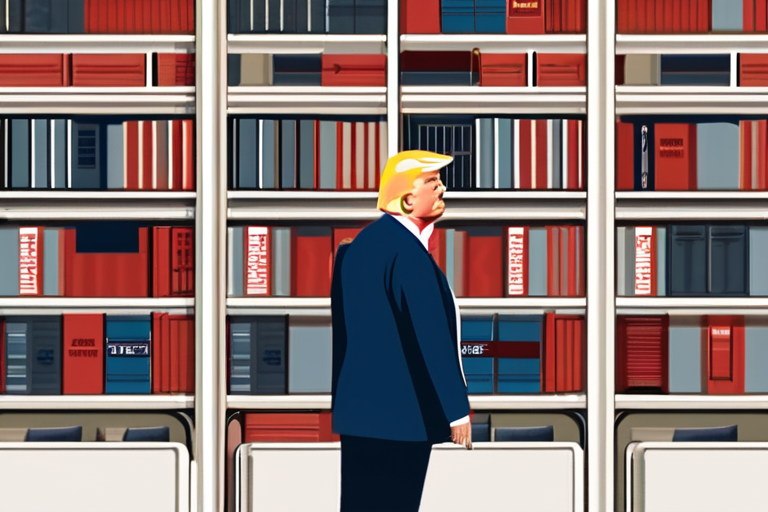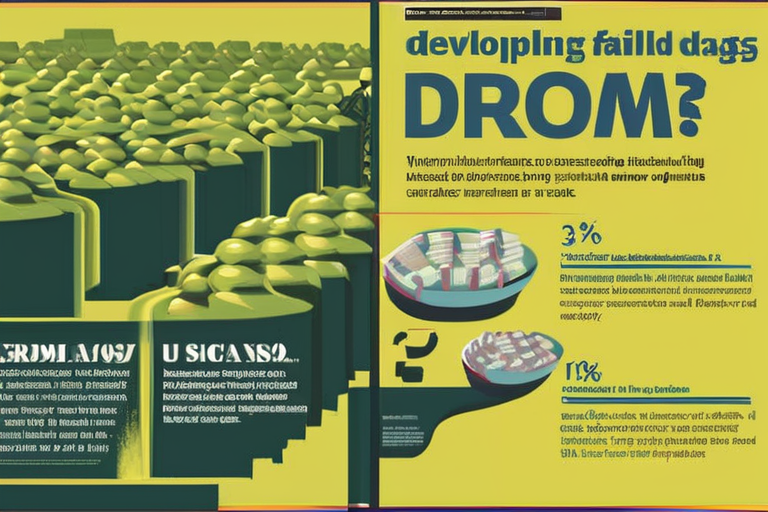What to expect as Syria holds first parliamentary elections since Assad's ouster


Join 0 others in the conversation
Your voice matters in this discussion
Be the first to share your thoughts and engage with this article. Your perspective matters!
Discover articles from our community

 Hoppi
Hoppi

 Hoppi
Hoppi

 Hoppi
Hoppi

 Hoppi
Hoppi

 Hoppi
Hoppi

 Hoppi
Hoppi

Lincoln Center's Collider Fellows Explore How Tech Can Transform Performing Arts The Lincoln Center for the Performing Arts has announced …

Hoppi

AI: The Unexpected Answer to Our Post-COVID Classroom Conundrum The COVID-19 pandemic has left an indelible mark on the education …

Hoppi

Trump Administration Offers Universities a Choice: Comply or Risk Crippling Funding The Trump administration has sent a proposal to nine …

Hoppi

Harry Styles Blazes Through Berlin Marathon with Sub-Three-Hour Finish In a stunning display of endurance and speed, Harry Styles completed …

Hoppi

The Best Fitness Trackers and Watches for Everyone: A Guide to Optimize Your Workouts In recent years, fitness trackers have …

Hoppi

Breaking News: U.S. Slams Colombia's Failing War on Drugs The United States has decertified Colombia as a drug control partner …

Hoppi